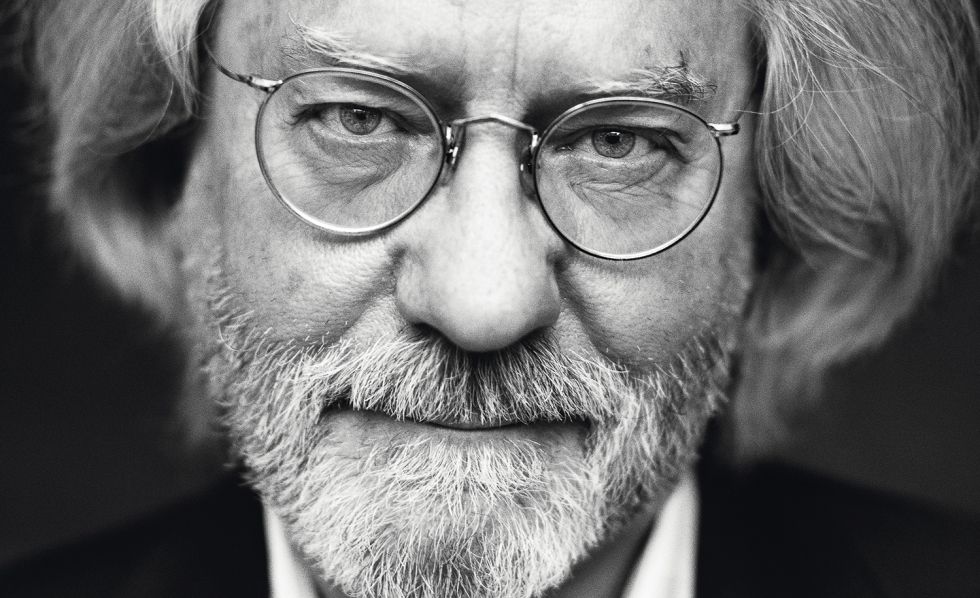A. C. Grayling writes to 650 MPs urging them not to trigger Article 50 of the Lisbon Treaty
The renowned philosopher A. C. Grayling has written to all 650 MPs in the House of Commons, urging them not to support a motion to trigger Article 50 of the Lisbon Treaty, thereby over-ruling the referendum outcome and allowing the United Kingdom to stay in the European Union. Read it here.
He argues that: “The non-binding referendum, its circumstances, and its slim majority achieved in those circumstances, is not an adequate ground for the UK to leave the EU.”
Parliament as presently constituted has a substantial majority in favour of remaining in the EU. Given the following factors:
•that the referendum was advisory only and non-binding,
•that the majority for ‘Brexit’ was small (3.8%),
•that there are major questions about the circumstances of the respective Remain and especially Leave campaigns regarding probity of information, claims and promises made to voters,
•that a serious risk of break-up of the UK impends upon a ‘Brexit,’
•that the economic consequences of a ‘Brexit’ are not in the UK’s favour,
•that a ‘Brexit’ would damage our neighbours and partners in Europe,
•and that the future of the young of our country is focally implicated in the decision,
For all these reasons and more, there is a powerful case for Parliament to use its discretion to determine that it is not in the UK’s interests to leave the EU.
No doubt this will cause anxiety among those MPs who think that a simple majority in a referendum confers a moral, even though not legal, obligation to treat the referendum outcome as prescriptive and binding. This is far from being so, for the following reasons.
First, in most jurisdictions major constitutional change requires a supermajority or two-thirds majority to effect them (as e.g. in the USA and Germany), whether in a legislature or in referendums. In Switzerland, which alone among developed nations employs frequent referendums in its ‘semi-direct’ democracy, major decisions require a double majority of the electorate and the cantons.
For a very major change such as exiting the EU, it is not acceptable to have matters decided by a small simple majority. So great a change requires a significant degree of genuine consensus, at the minimum such as a 60% majority would reflect.
Second, a referendum is in essence a decision by crowd acclamation. You will of course well understand that there is an excellent reason why most advanced and mature polities do not have systems of ‘direct democracy’ but instead have systems of representative democracy, in which legislators are not delegates sent by their constituents but agents tasked and empowered to investigate, debate and decide on behalf of their constituents. This reason is that rule by crowd acclamation is a very poor method of government.
(…)
One of the most important reasons why Parliament must take a bold sovereign stand on the outcome of this small-majority advisory referendum, is the interests of the young. We know that the Remain and Leave votes divided along the fault lines of age, educational level, and geography. There is every reason to urge that the wishes and interests of the young – the younger, more aspirational creators of the country’s future – should be given most weight.
Parliament should protect those interests and respect those wishes. Some say that any among the young who could vote but did not, have only themselves to blame. This argument will not do. Those young people might have legitimately thought that their elders would not be so foolish as to betray the future by a ‘Brexit’ vote. But punishing them with a ‘Brexit’ is not the right response. The sober judgment of Parliament should be on their side.

